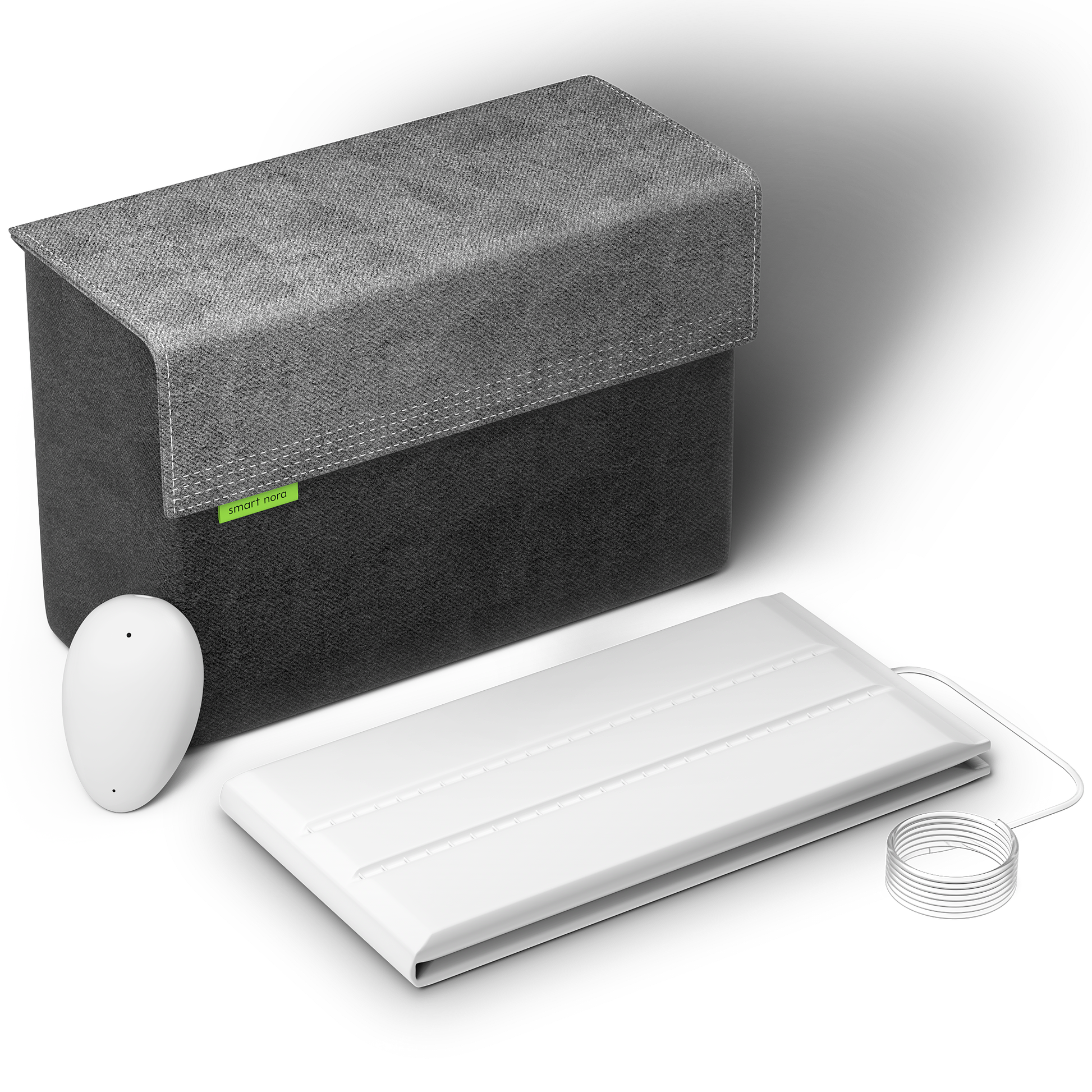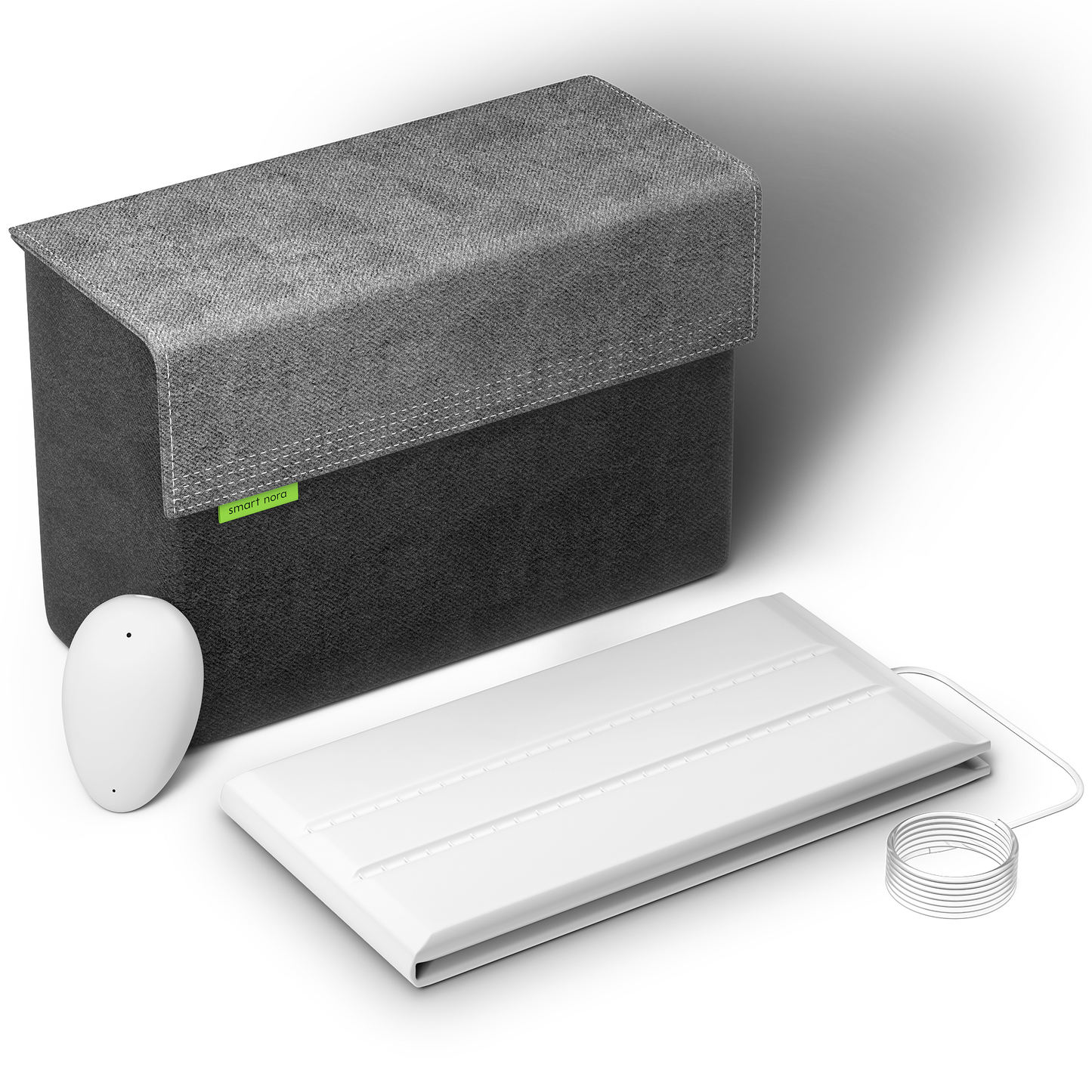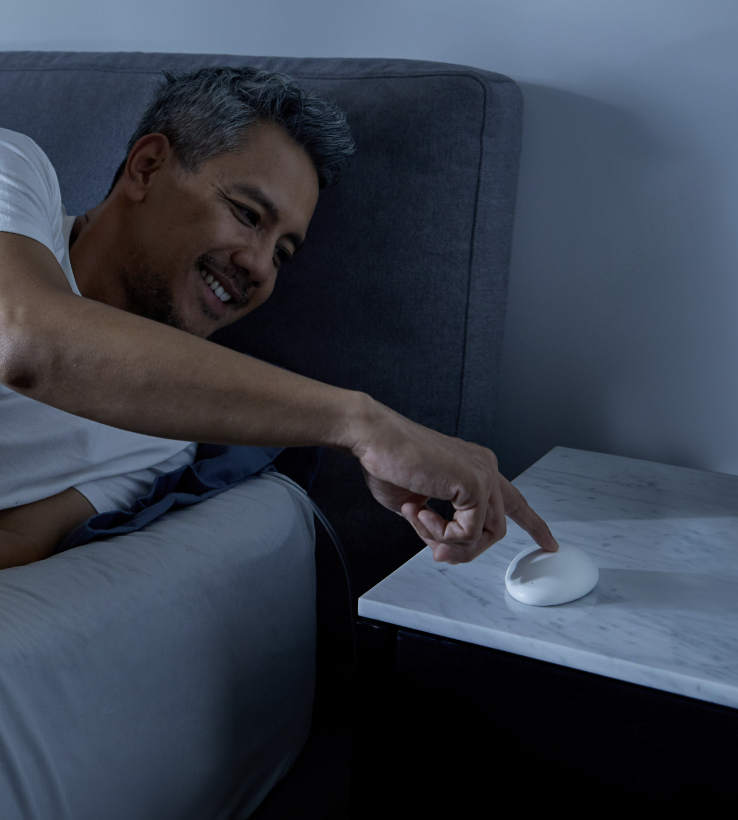It may surprise you to learn how normal it is to share a bed with your pet. According to the US Centers for Disease Control and Prevention (CDC), over 60% of Americans own pets, and nearly half of the pet owners share their beds with their four-legged friends. In addition, nearly 20% of people provide a box for their canine friends, and slightly more than 10% give a specific mattress for their pets. However, interestingly, 43% of dogs and 49% of cats in the United States sleep on their owners’ beds.
But is that a smart decision? It depends on their health. If you have any allergies, co-sleeping with pets could worsen them. And then there is this possibility of disease transmission from the pet to the humans and vice versa. In this article, we will explore this relationship further. Let’s look at the fundamentals of pet co-sleeping, and discuss how you can establish boundaries for effective bedroom coexistence with your furry pals.
The Pros of Sleeping With Pets – All In Favor Say ‘Yes’
Chances are, you sleep with your little (or not so little) ball of sunshine because you are satisfied with their companionship. This can’t be a bad thing now, can it? Obviously, not. Here’s why you should continue sharing a bed with your pet:
- Increases Comfort and Security: Pets have coexisted with humans for thousands of years. You may feel an intuitive sense of safety when they are close. So, allowing them into your bed may actually help you relax after a hard day and help you fall asleep faster.
- Strengthens Bond: Have you ever wondered why your pet enjoys sleeping with you? It’s because you bring them comfort as well! When you bring them home, they become a member of your pack and want to feel connected to you. Every moment you spend together strengthens your bond, whether on a walk or sleeping next to each other.
- Eases Insomnia: Studies have shown sleeping in the same bed as your dog can help you with insomnia. It mitigates anxiety and modifies the state of hypervigilance, helping you sleep easily.
- Promotes Theta Brainwaves: Yes, science approves it too. When sleeping with your pet, theta brainwaves (they occur when you are in a deeply relaxed state of mind) are commonly observed during the REM sleep phase. According to experts, this can have a profound impact on your sleep. Theta brainwaves can even help you expand your mind beyond boundaries. You usually need to practice meditation to achieve this state, but sleeping with pets automatically sends you there.
But, Is Sleeping With Pets All Good?
Unfortunately, there are a few drawbacks to letting a pet sleep in your bed. These include increased allergen or pathogen exposure with your pets, aggressive behavior, and sleep disruption due to snoring.
The following are a few common disadvantages that you can face while sharing a bed with your pets:
- Allergies: Pets are lovely, but they have been known to carry diseases. You might get prone to, say, lice infections. Parasites are especially vulnerable to transmission from the pet’s fur to the owner. Even if you are not sensitive to pet dandruff, your pet’s coat can accumulate allergens that cause your allergies.
- Aggression: As per the American Society for the Prevention of Cruelty to Animals, pet dogs may exhibit aggressive behavior — such as growling, grunting, or even trying to bite — as a disturbing reflexive reaction and if they are awoken suddenly, like from your snores, it can be highly disruptive to or unsafe for you.
- Pet Snoring: Umm, yes, they snore, you know that, right? Pet snoring, like human snoring, is produced by a blockage of the nasal cavity or nostrils, resulting in airway restriction. So if you’re tired of hearing your pet snore while trying to sleep, maybe it’s time to buy them their little home?
Is Co-Sleeping With Your Furry Friend a Good Thing?
As per research, sleeping on the same mattress as our furry friend is not a new phenomenon, various traditional societies saw co-sleeping with pets as advantageous.
Despite the disadvantages of sleeping with a pet, the researchers note that many owners do so because the benefits exceed the negatives. Significant studies have indicated that owning a pet has numerous health benefits, and co-sleeping enhances the time spent with the pet, perhaps boosting those benefits.
A pet who spends a significant amount of time alone while the family members are at work or school may feel lonely. Sleeping with you can help them reconnect with your family. Also, those who usually sleep alone feel more comfortable laying next to the warmth of a living body.
Heavy sleepers may be able to sleep easier at night, knowing that their pet companion will alert them if there is a nocturnal emergency, such as an intruder.
Just Keep These Things In Mind While Sleeping With a Pet
If you decide to continue sharing your bedroom, ensure you are always safe. Ensure that your pet receives frequent vet visits and takes all the necessary drugs. Bathe them regularly and watch for signs of territorial or violent behavior. Here are a few things to bear before allowing your pet to sleep with you.
- Keep your pet clean and hygienic.
- Settle the pets above covers.
- Take them for a walk before bedtime.
- Create boundaries with your pet.
- Change your bedding frequently.
Sleep With Your Pet, But With Caution
If all is well on your end and theirs, sleeping with pets might help you sleep better. And if you cannot share a bed with them, it does not mean they can’t sleep in your bedroom. Many pet owners use beds and carriers to keep the company of their pets at night.















